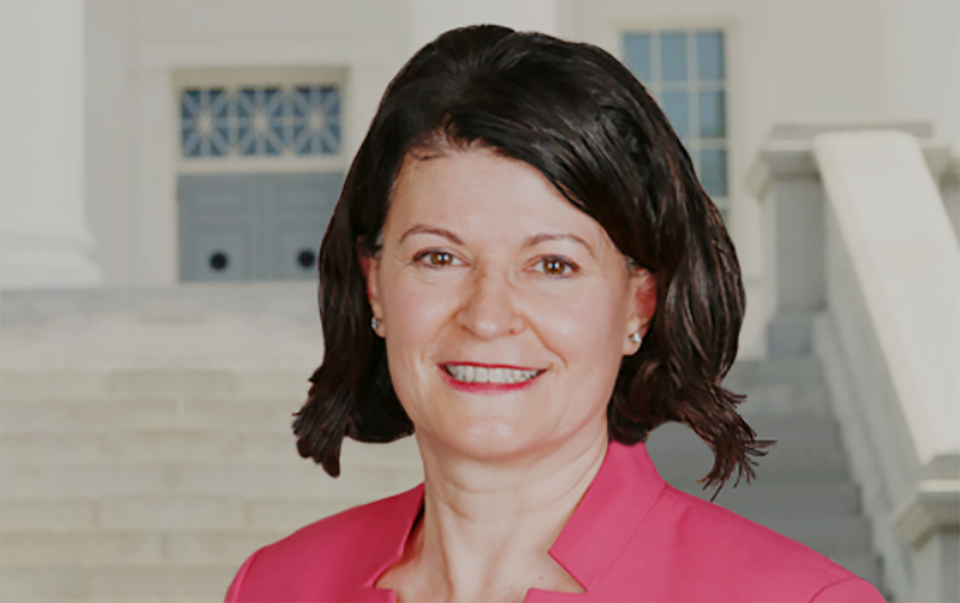Safeguarding personal information, or handcuffing the public-safety process?
Those were the two positions staked out as a subcommittee of the House of Delegates killed a measure from a local legislator.
The bill from state Sen. Barbara Favola (D-Arlington-Fairfax-Loudoun) would have prohibited the issuance of search warrants to obtain menstrual information from women during criminal investigations.
The measure, which passed the state Senate on a 31-9 vote, was “very simple, very straightforward,” Favola told members of the House subcommittee.
“It’s intended to keep very personal health data personal,” Favola said. “There’s very little that is as personal and private as your menstrual data.”
That was a view shared by Lexi Wright, policy chair of the REPRO Rising Virginia advocacy group.
The measure “recognizes the sensitive and personal information” that is held by health-care providers and in online apps, she told subcommittee members.
But the Youngkin administration saw things differently.
The bill was the first she knew of to propose limits on legitimate search warrants, said Maggie Cleary, deputy director of the Virginia Department of Public Safety and Homeland Security.
“This would ultimately open the door to put further limits on search warrants down the road – that would be incredibly problematic,” Cleary said at the hearing.
On a party-line vote, the subcommittee agreed with Cleary, killing off the measure 5-3.
In a later e-mail to supporters, Favola hinted at what she saw as the Youngkin administration’s motives.
“Why would prosecutors ever need your menstrual data?” she wrote. “I think you can draw your own conclusions about that.”
Before moving to the House of Delegates, the measure – SB852 – had garnered support of all 22 Democrats and nine of 18 Republicans in the Senate, including the GOP leader, Sen. Thomas Norment (R-Williamsburg).



